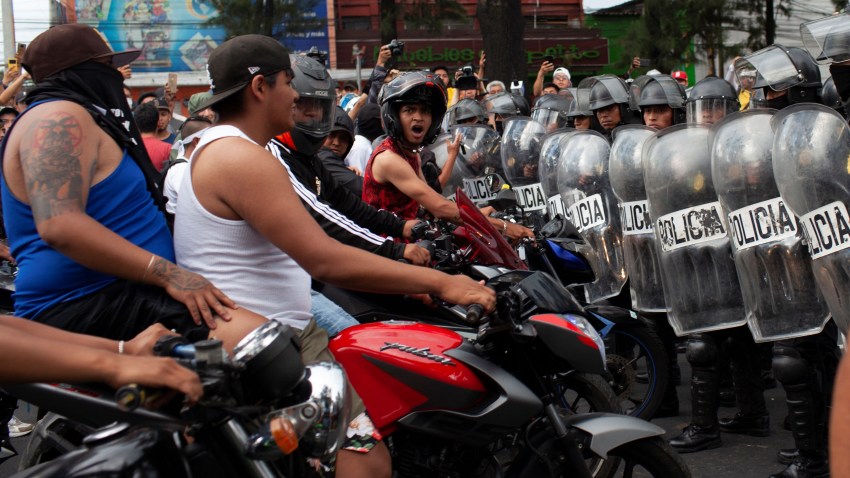Over the past two weeks, Guatemalans have taken to the streets to defend the country’s democratic transition scheduled for January, when President-elect Bernardo Arevalo is supposed to take office. More than 100 blockades on highways across the country have shut down transport routes and border crossings, and blocked deliveries of food and fuel to key locations, including the capital’s main airport.
The protests have been mostly peaceful, marred only by a small number of acts of vandalism. Nevertheless, the courts have ordered security forces to disperse the protesters and reopen the country’s roads so the economy can function. While the government has tried to end the blockades, police have also been careful not to use excessive force, understanding that brutal repression would only draw greater numbers of protesters and more vocal international condemnation. As of the writing of this column, the protesters continue to block roads across the country.
The protesters persist because they are convinced that the ruling political and economic elites are attempting to undo the results of the country’s recent presidential election and remain in power unconstitutionally. In August, Arevalo defeated Sandra Torres in a second-round runoff, a surprise victory for Guatemalan democracy after an election in which the ruling elite tried to keep all candidates who might represent change off the ballot. In spite of these candidate bans, as well as legal threats and state resources aimed at influencing the elections, Guatemalan voters managed to consolidate around a candidate—Arevalo—who represents a clear break from the current government of President Alejandro Giammattei.

